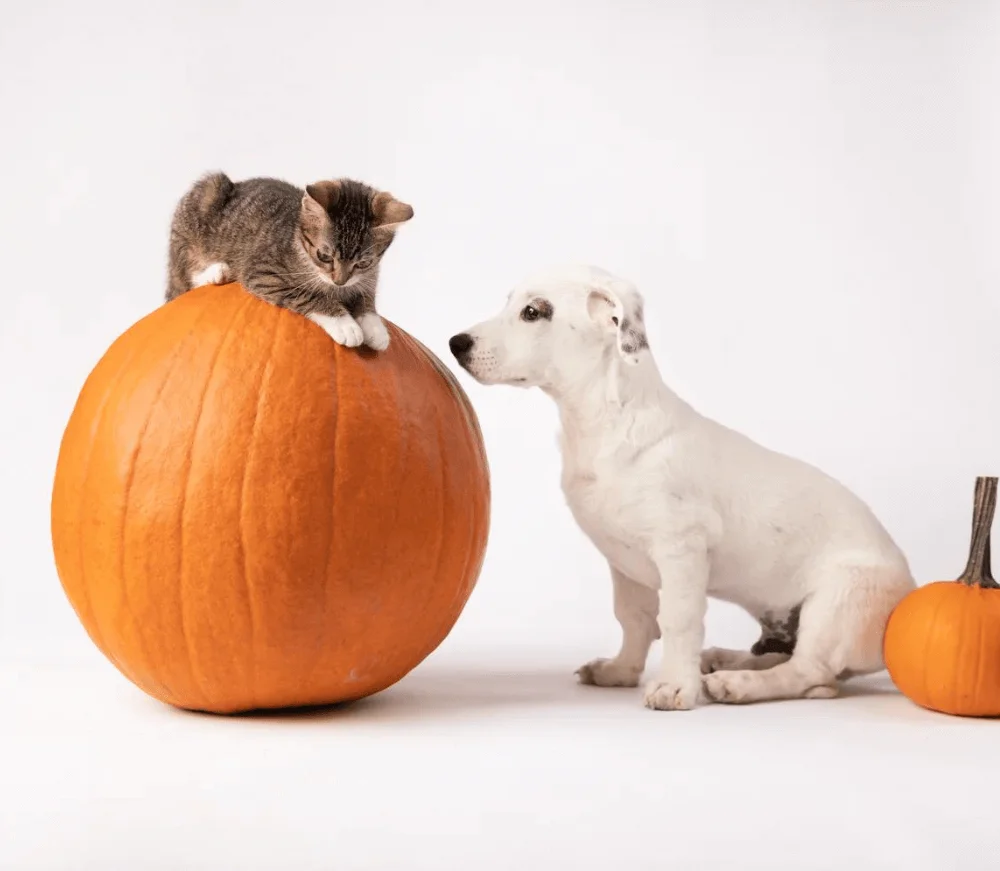Understanding Pet Nutrition: Choosing the Best Food for Your Pet

Ensuring your pet receives proper nutrition is vital for their overall health, happiness, and longevity. Just like humans, pets require a balanced diet tailored to their unique needs. This guide dives into the world of pet nutrition to help you choose the best food for your furry friend.
1. Why Pet Nutrition Matters
Nutrition is the cornerstone of your pet’s well-being. A balanced diet:
- Supports healthy growth and development in young pets.
- Maintains energy levels and vitality in adult animals.
- Helps prevent chronic conditions like obesity, diabetes, and arthritis.
- Strengthens the immune system.
- Enhances coat health, skin integrity, and overall appearance.
2. Understanding Pet Nutritional Requirements
Pets have specific dietary needs based on their species, breed, age, size, and health status. Here’s a breakdown:
Essential Nutrients for Pets
- Proteins
- Building blocks for muscles, skin, and hair.
- Dogs: Require animal-based proteins (chicken, beef, fish) or plant-based proteins (soy, lentils).
- Cats: Obligate carnivores needing high levels of animal protein.
- Fats
- Provide concentrated energy.
- Source of essential fatty acids for brain development and a shiny coat.
- Carbohydrates
- Offer energy but are less critical for cats.
- Found in grains, vegetables, and fruits.
- Vitamins and Minerals
- Support metabolic functions.
- Calcium and phosphorus for bone health.
- Antioxidants (vitamins A, C, E) for immune support.
- Water
- Often overlooked but critical for digestion, temperature regulation, and toxin removal.
3. Life Stage Nutrition
Pets have changing needs as they age. Selecting age-appropriate food ensures they receive the correct balance of nutrients.
Puppies and Kittens
- Require high-protein, calorie-dense diets.
- Need DHA for brain and eye development.
Adult Pets
- Balanced diet with moderate protein and fat levels to maintain energy without causing weight gain.
Senior Pets
- Lower calorie requirements.
- Joint supplements like glucosamine and chondroitin are beneficial.
4. Specialized Diets for Health Conditions
Some pets require tailored diets to manage specific health issues:
- Weight Management: Low-calorie, high-fiber diets.
- Allergies or Sensitivities: Hypoallergenic or limited-ingredient diets.
- Kidney Disease: Low-protein, low-phosphorus foods.
- Diabetes: High-protein, low-carb diets to stabilize blood sugar.
5. Types of Pet Food
Understanding the types of pet food available helps you make informed choices:
Dry Food (Kibble)
- Convenient and affordable.
- Promotes dental health by reducing tartar buildup.
- May contain fillers or artificial additives in lower-quality brands.
Wet Food (Canned)
- High moisture content helps hydration.
- Often more palatable for picky eaters.
- May lead to dental issues if not supplemented with dry food or brushing.
Raw Diets
- Mimics ancestral diets (bones, raw meat, organs).
- Requires careful preparation to avoid contamination.
- Must meet all nutritional needs to prevent deficiencies.
Homemade Diets
- Allows control over ingredients.
- Requires vet consultation to ensure nutritional balance.
Prescription Diets
- Designed for specific medical conditions.
- Available through veterinarians.
6. Reading Pet Food Labels
Deciphering labels ensures you’re providing quality nutrition. Look for:
- Ingredient List: High-quality proteins should be listed first.
- Guaranteed Analysis: Shows percentages of protein, fat, fiber, and moisture.
- AAFCO Statement: Ensures food meets basic nutritional standards.
7. Avoiding Harmful Ingredients
Certain ingredients can harm your pet’s health:
- Artificial Additives: Colors, flavors, and preservatives may cause allergies.
- By-products: Often low-quality and less digestible.
- Excessive Fillers: Corn, wheat, and soy can trigger sensitivities.
- Toxins: Avoid foods containing xylitol, chocolate, or grapes, which are toxic to pets.
8. Tailoring Diets to Specific Pets
Every pet is unique. Consider these factors when selecting food:
- Species: Cats require more protein and taurine than dogs.
- Breed: Larger dog breeds may need joint support, while smaller breeds require calorie-dense food.
- Activity Level: Active pets need more calories than sedentary ones.
- Health Status: Adjust diets for pets with special needs or conditions.
9. Transitioning to a New Diet
Switching pet food should be gradual to prevent digestive upset:
- Day 1-2: 25% new food, 75% old food.
- Day 3-4: 50% new food, 50% old food.
- Day 5-6: 75% new food, 25% old food.
- Day 7: 100% new food.
10. Common Myths About Pet Nutrition
Myth 1: Grain-free diets are always better.
Grain-free diets are only necessary for pets with specific grain allergies.
Myth 2: All raw diets are healthy.
Raw diets can pose risks of bacterial contamination and nutrient imbalance.
Myth 3: Human food is safe for pets.
Certain human foods (e.g., onions, chocolate) are toxic to pets.
11. Consulting with a Veterinarian
Regular checkups with a veterinarian ensure your pet’s diet supports their health. Discuss:
- Weight management.
- Dietary supplements.
- Recommendations for high-quality pet food brands.
12. Sustainable and Ethical Choices
Consider sustainability when choosing pet food:
- Look for brands using ethically sourced ingredients.
- Opt for recyclable packaging.
- Choose local products to reduce carbon footprint.
13. Final Thoughts
Feeding your pet isn’t just about filling their bowl—it’s about nurturing their body and soul. By understanding their nutritional needs, selecting high-quality food, and consulting professionals when needed, you can ensure your pet thrives for years to come. Prioritize their health and happiness through informed and loving care.








